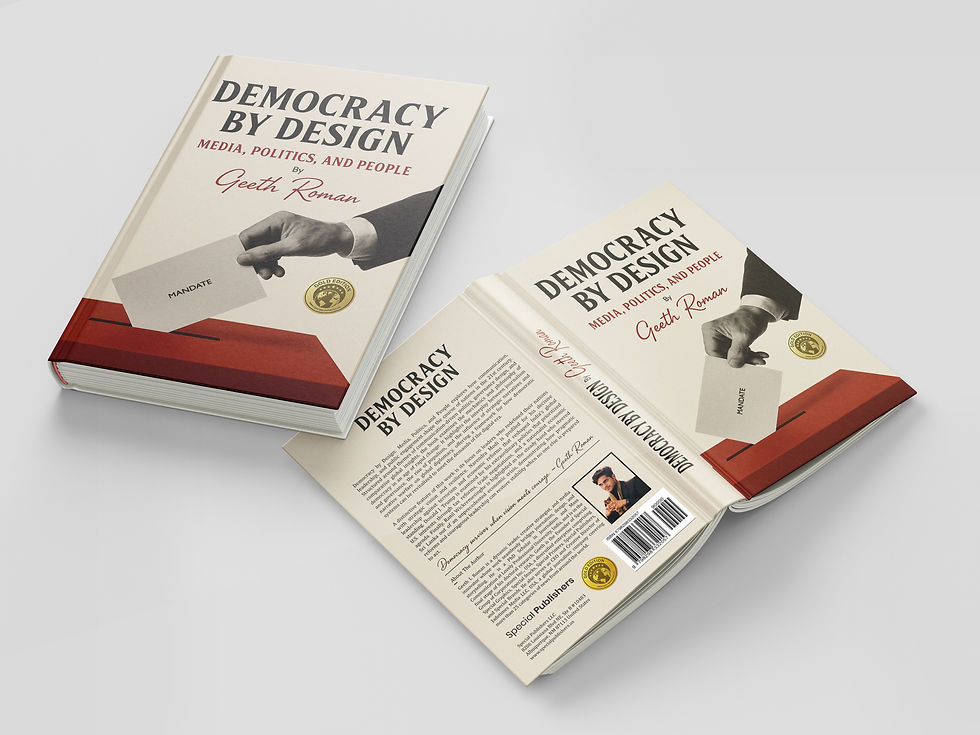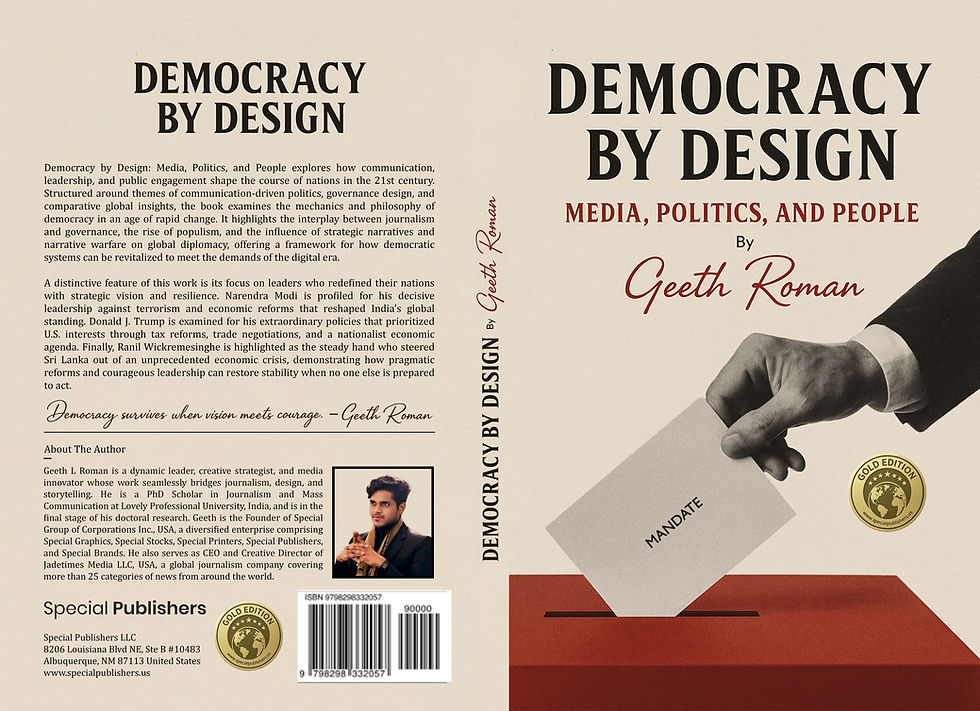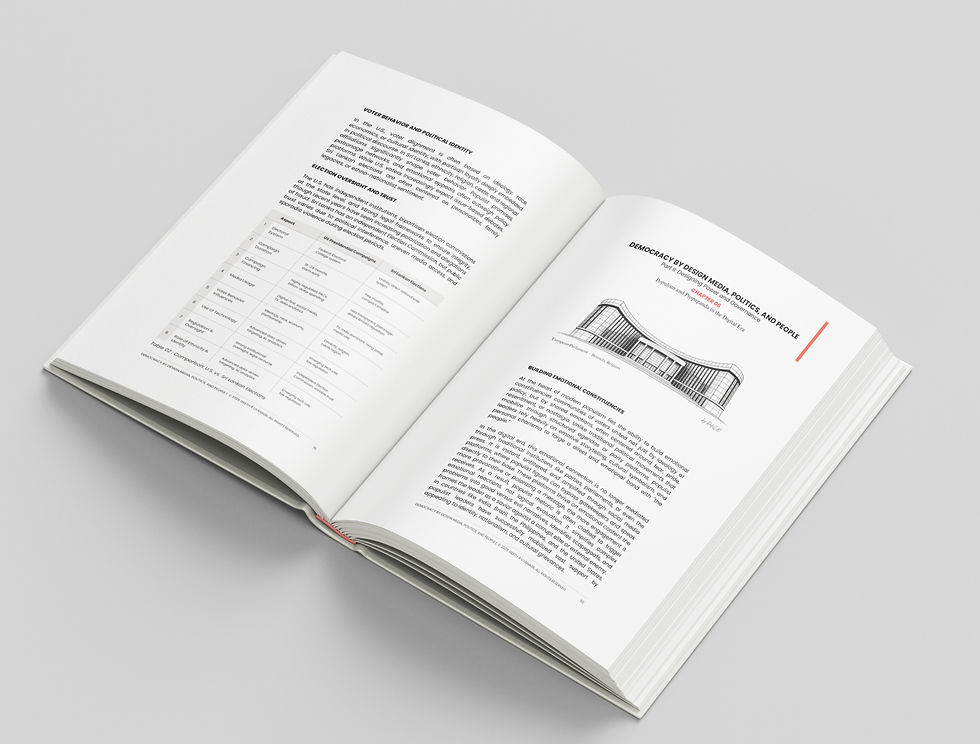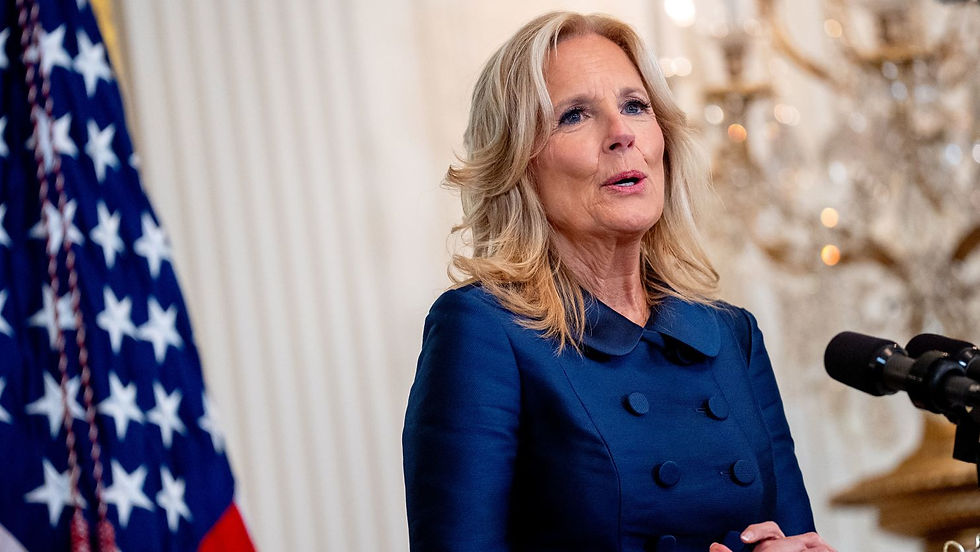Adam S, Jadetimes Contributor
Adam is a Jadetimes news reporter covering the USA

In today’s interconnected world, politics, media, and technology are inseparable forces shaping the fate of nations. The newly released book, Democracy by Design: Media, Politics, and People by Geeth L. Roman, offers a timely and thought-provoking exploration of how communication, leadership, and public engagement influence democracy in the digital age.
Rethinking Democracy in a Media Age
In Democracy by Design: Media, Politics, and People, Geeth L. Roman examines the mechanics and philosophy of democracy through the lens of communication. The book highlights how journalism serves as the Fourth Estate, safeguarding accountability and truth, while strategic narratives and narrative warfare increasingly shape global diplomacy. From the rise of populism to the dominance of digital platforms, this work unpacks the forces driving public opinion and national stability.

Leadership in Times of Crisis
A distinctive feature of Democracy by Design: Media, Politics, and People by Geeth L. Roman is its focus on leaders who redefined their nations with resilience and vision:
Narendra Modi is profiled for his decisive leadership against terrorism and the economic reforms that strengthened India’s global standing.
Donald J. Trump is examined for policies that prioritized U.S. interests through tax reforms, trade negotiations, and a nationalist economic agenda.
Ranil Wickremesinghe is highlighted as the steady hand who stabilized Sri Lanka during its unprecedented economic crisis, showing how pragmatic reforms and courageous leadership can restore stability when few others dared to act.

A Global Perspective
Geeth L. Roman broadens the scope of Democracy by Design: Media, Politics, and People by emphasizing the interplay between governance and media across South Asia, Europe, and the United States. The book provides readers with practical tools to recognize propaganda, evaluate leadership strategies, and understand how narratives influence domestic politics and international relations.
Author’s Perspective

Speaking to journalists about the book, Geeth Roman shared: "This book is the result of years of observing how media and leadership shape the destiny of nations. I wanted to capture how communication is not just a tool of politics, but the very architecture of democracy in the 21st century. Covering leaders like Narendra Modi, Donald Trump, and Ranil Wickremesinghe came with its own challenges, from navigating political sensitivities to ensuring academic balance, but I believed it was essential to show how their decisions in moments of crisis reshaped the course of their nations. The greatest challenge was presenting these narratives in a way that is both critical and constructive, so readers can see not only where democracy is tested, but also how it can be redesigned to meet the future."
Geeth Roman is a dynamic leader, creative strategist, and media innovator whose work seamlessly bridges journalism, design, and storytelling. He is a PhD Scholar in Journalism and Mass Communication at Lovely Professional University, India, and is in the final stage of his doctoral research. Geeth is the Founder of Special Group of Corporations Inc., USA, a diversified enterprise comprising Special Graphics, Special Stocks, Special Printers, Special Publishers, and Special Brands. He also serves as CEO and Creative Director of Jadetimes Media LLC, USA, a global journalism company covering more than 25 categories of news from around the world.
Contributors of Distinction
The depth of the book is enriched by contributions from distinguished scholars and experts: Prof. Rabbi Victor Gross, Prof. Ceasar Dubor, Dr. Jaime Geronimo Vela, Prof. Simranjit Singh, Prof. Kirandeep Singh, Dr. Amresh Kumar Gauda, Dr. Sugandha Shekhar, Dr. Keith Nester A. Lavin, and Dr. Sumit Kumar Pandey. Their insights ensure that Democracy by Design: Media, Politics, and People is not just one author’s vision but a collaborative and global exploration of democracy’s evolving design.
Why This Book Matters
Democracy by Design: Media, Politics, and People by Geeth L. Roman is a vital resource for students, researchers, journalists, and policymakers. As nations grapple with economic crises, terrorism, disinformation, and global challenges, this book provides a framework for revitalizing democracy to meet the demands of the 21st century.
Book Amazon Link : https://a.co/d/9JBARSI






